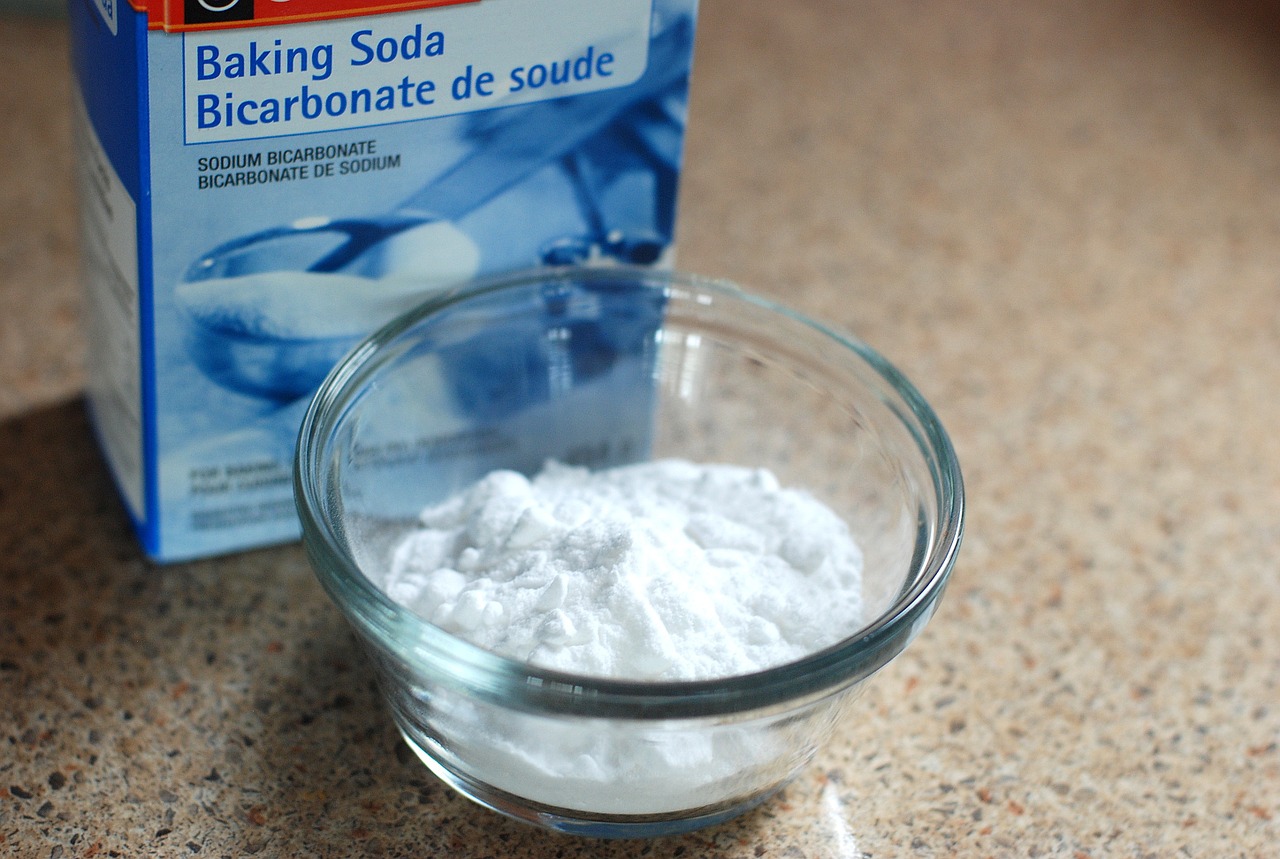Marisa Soski, ND, MS
Cancer cells often adapt and develop new ways of evading the body’s immune system in an attempt to continue carrying on their un-checked growth and proliferation. One way they do this is to express inhibitory receptors, such as PD-1, Lag-3, Tim-3, BTLA, and CTLA4, which help hide the cells from the immune system’s T-cells whose role is to find and eliminate cancer cells. These receptors have become targets for a growing group of conventional therapies called immunotherapies. There are more and more clinical trials looking at the efficacy of these drugs in fighting cancer and they are slowly being incorporated into many patient’s treatment plans.
Another way cancer cells evade the immune system is to create an acidic environment around themselves by pumping acidic compounds into the surrounding tissue. This acidic environment can suppress T-cell function, as well as other immune cells, and promote metastasis. This provides an opportunity for another treatment angle, which is to alkalize the tumor environment and reverse these processes.
There are several ways of making the tumor environment less acidic: taking oral sodium bicarbonate (aka baking soda), intravenous sodium bicarbonate, and oral proton pump inhibitors (PPIs) such as omeprazole. These all have proven effective in alkalizing the tumor environment and improving the immune response to cancer. Additionally, these therapies work synergistically with immunotherapies, such as check point inhibitors (PD-1 and CTLA4) and adoptive cell transfer, to improve response rate to these therapies. This provides a great opportunity for an integrative approach to immune enhancement and helping the body recognize and eliminate cancer cells.
Now before you go off and start ingesting a bunch of baking soda you have sitting in the pantry, check with an integrative healthcare provider to ensure this is the correct and safe therapy for you!

DOI: 10.1158/0008-5472.CAN-15-1743
PMID: 21155627
https://doi.org/10.1016/j.semcancer.2017.03.001
DISCLAIMER: These statements have not been evaluated by the Food and Drug Administration. There are no financial ties to any supplement companies, pharmaceutical companies, or to any of the products mentioned in this post. This post is not meant to treat, cure, prevent, or diagnose conditions or diseases and is meant for educational purposes. As always, please consult your doctor before trying any new treatments or supplements.

